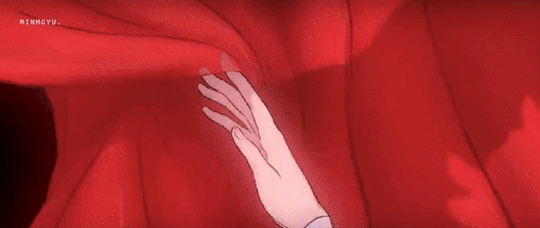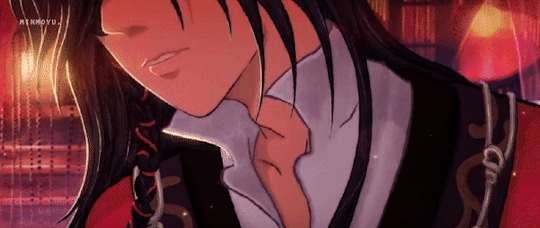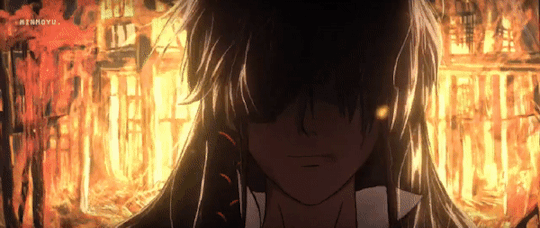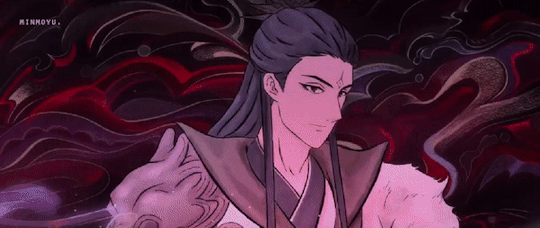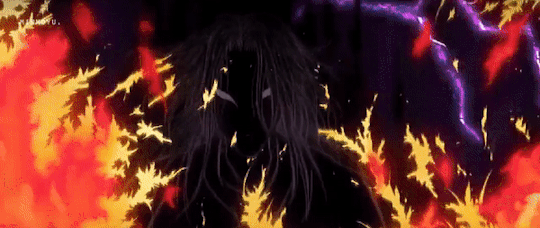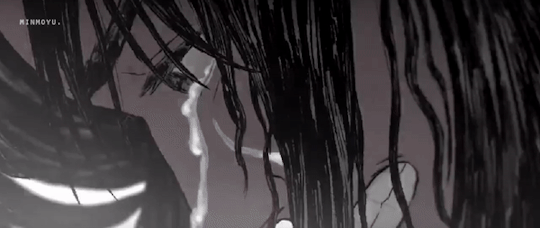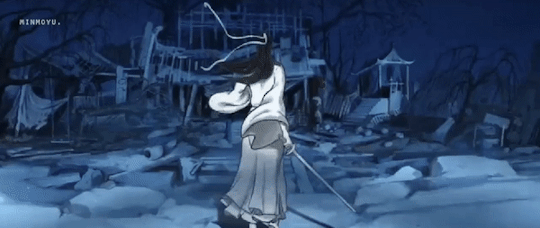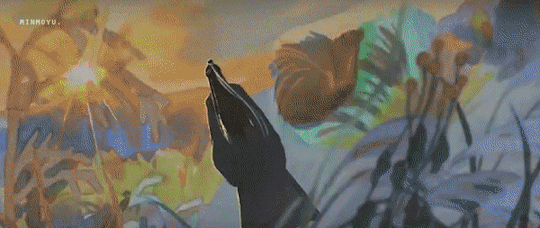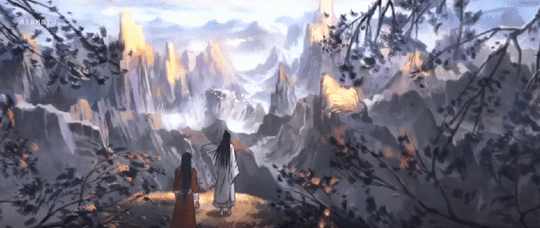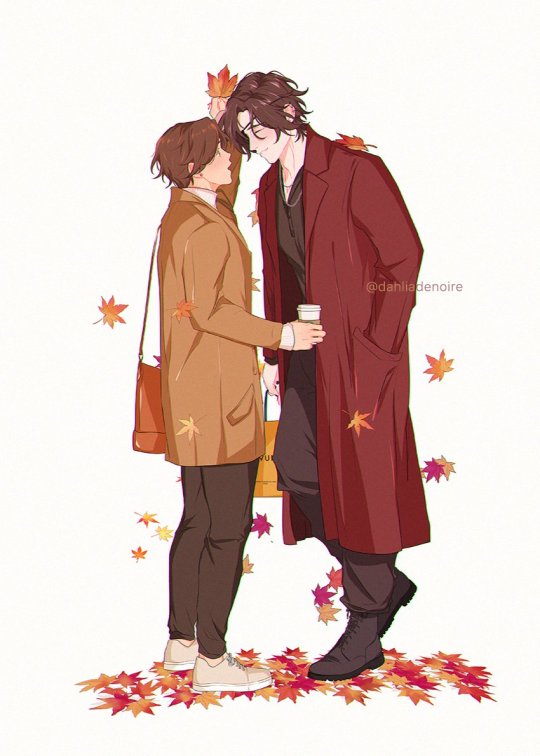Text
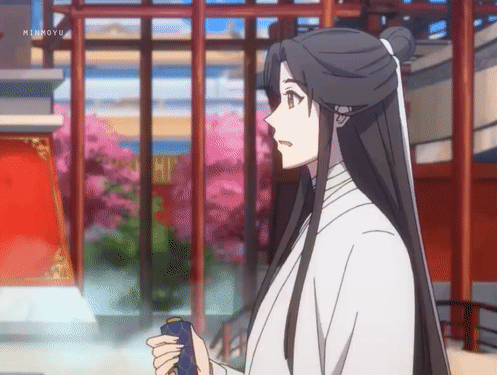
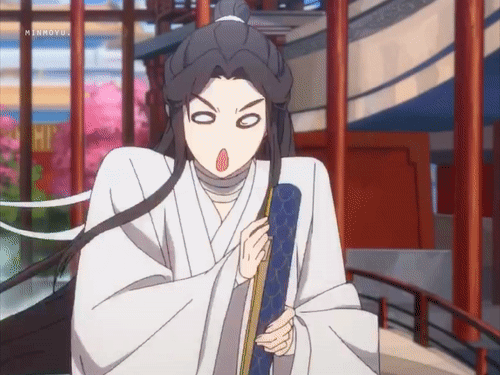
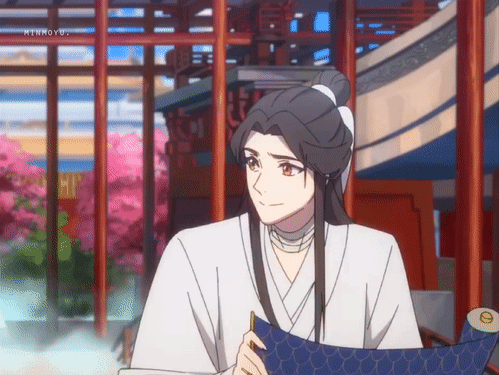
FLUSTERED BUN XIE LIAN
NEW SNEAKS FROM TGCF DONGHUA S2
494 notes
·
View notes
Text













Highlights from Tiān Guān Cì Fú/Heaven Official’s Blessing (天官赐福) - Chapter 98
Due to Tumblr's image compression: please view the images in full (click or tap to enlarge) for best quality!
98 notes
·
View notes
Text
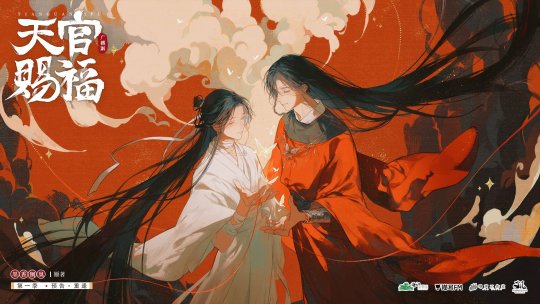



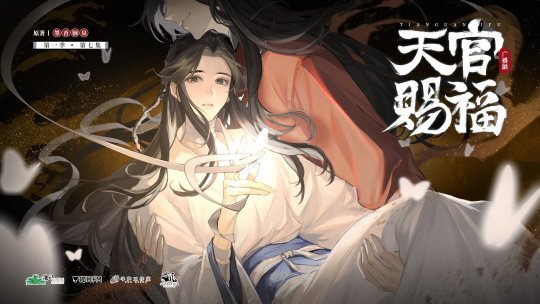
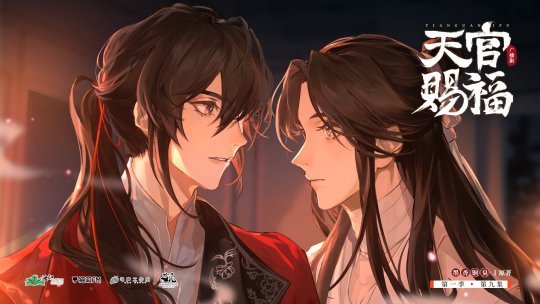
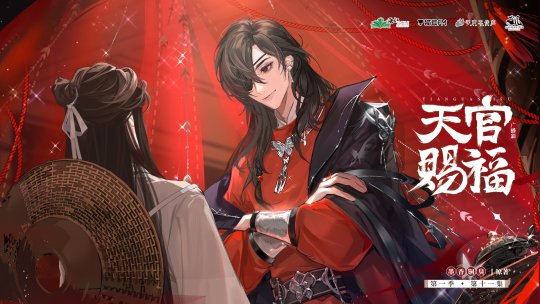
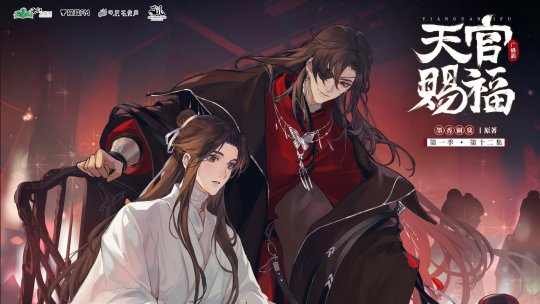
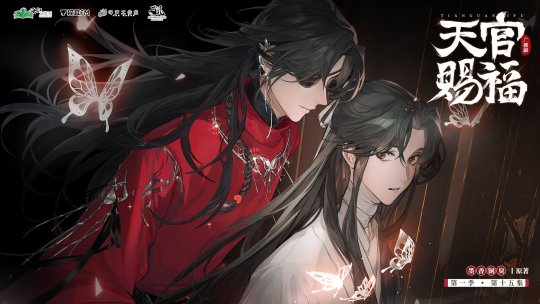

Thank you TGCF AD for the amazing season ❤️
#tgcf#hualian#been wishing for a tgcf ad since 2019#and season 1 really was so much more amazing than i ever couldve hoped for 🤧❤️
363 notes
·
View notes
Text









Xie Lian SHOCKED at PEACOCK SHI QINGXUAN feat. hardworking and earnest but embarrassing boy Lang Qingqiu
645 notes
·
View notes
Text

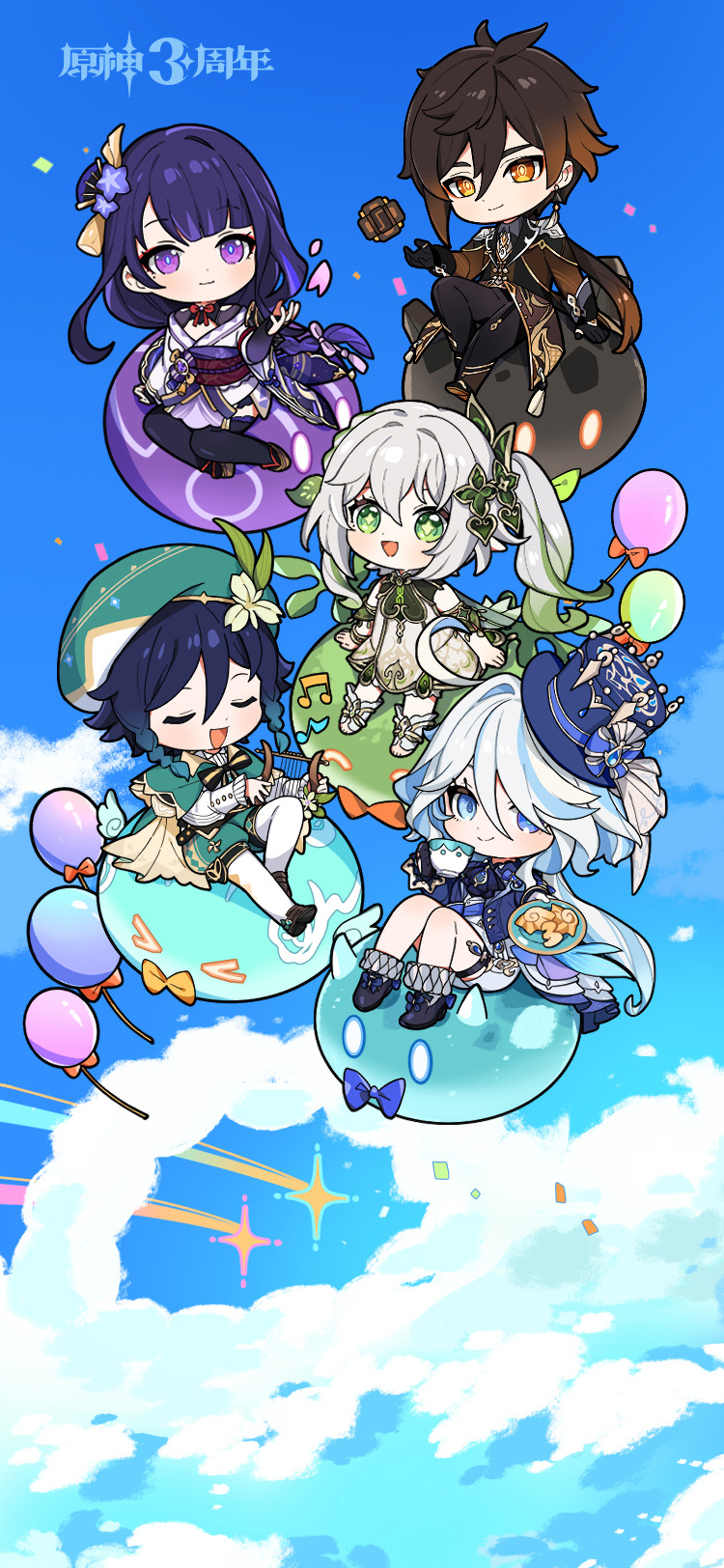
Genshin Impact CN | 3rd Anniversary Celebration Artworks From Paimon's Work Notes (1/2)
938 notes
·
View notes
Text
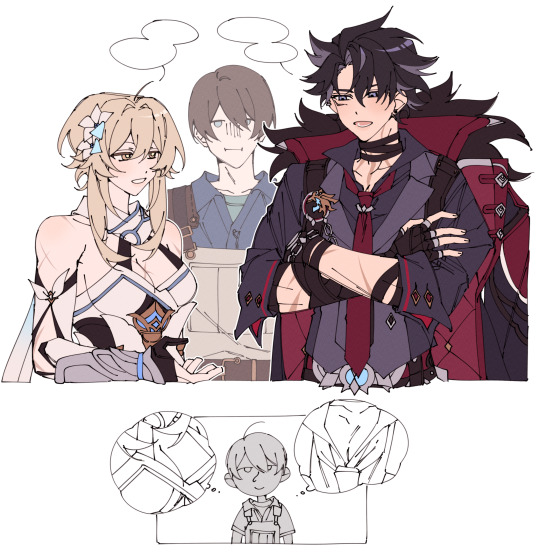
life at the fortress has become incredibly stimulating
7K notes
·
View notes
Text

the cutest cutie to ever exist 😭
18 notes
·
View notes
Text
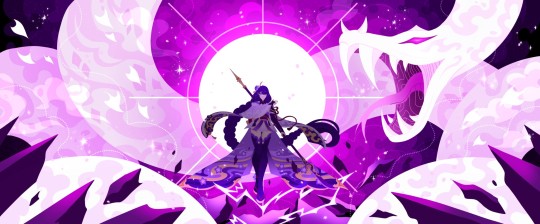
I had an idea for this artwork ever since 2.4 came out 🌸
2K notes
·
View notes
Text

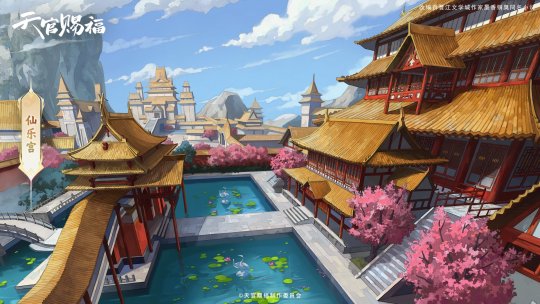
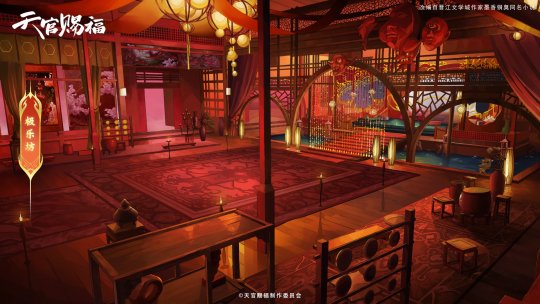

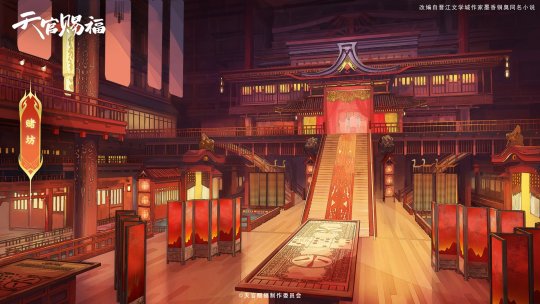



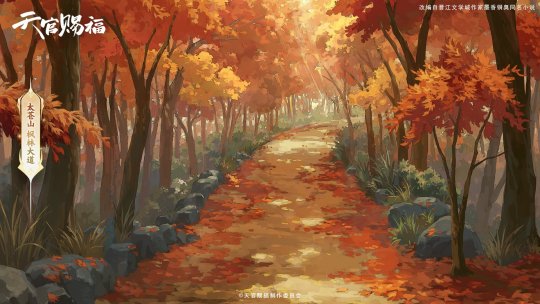
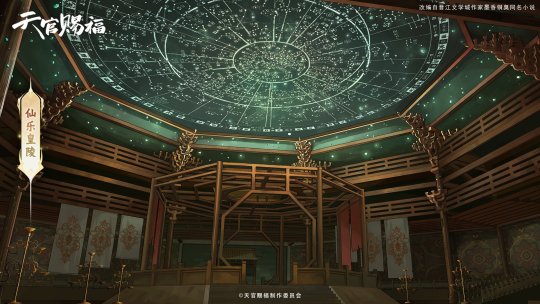
hualiantober is almost here 🍁🍂🎃
154 notes
·
View notes
Text

heaven is a place on earth with you ✨
5K notes
·
View notes
Text
The Narrative Importantance of Hualian's Sexual Intimacy
This is a repost and minor edit of a thread I made on Twitter yesterday. This is a topic I have always wanted to talk about because of how often it comes up in TGCF fandom, time and time again.
‼️CW: mentions of sexual assault, self-harm, bodily injury‼️
⚠️Major spoilers for the entire novel ahead⚠️
---
Saw a question the other day on what relevance Hualian being sexually intimate by the end of the novel had to either the narrative or Xie Lian's character arc.
In short: it bears significant relevance, especially in context of other themes the novel explores like bodily autonomy.
Throughout the novel, we see time and time again that Xie Lian is often dehumanized by pretty much everyone—including himself—with the sole exception of Hua Cheng. I've talked more in depth about it in an old twt thread, for those interested. @/stalliondany on twt has also made an excellent recent analysis that goes deeper into the specific ways Xie Lian was used as a physical shield, martyr, or scapegoat for others without thought to his humanity or suffering. I highly recommend reading it first!
But to sum it all up: it's important to Xie Lian's character arc to keep in mind that he is used to seeing his own body as a tool to solve problems. And in crucial narrative moments, he is robbed of his bodily autonomy, and either brutalized or violated in service of others.
One of the plot points that ties together all these concepts is actually... Xie Lian's chastity vows. That will be the main focus of this post.
When he was a young teen (or possibly as a child), Xie Lian took an oath of chastity because such was the norm for cultivators seeking ascension in Xian Le. To Xie Lian, even as he grew older, he never had an issue with this because he just never felt sexual attraction to another person, or any desire to be intimate in that way. Even if he yearned for the concept of being loved. And indeed, at first glance, his chastity vows may seem like nothing more than a side note. Or even a funny gag when it comes to Hua Cheng (later).
In reality Xie Lian's chastity vows are not only used against him, but paint a very disturbing picture with regards to his repeated violation.
The Land of the Tender scene is the most obvious example of this. Xie Lian's vows are directly tied to his spiritual powers, and because it affects how his followers see him. They place a high value on his chastity as being vital to his moral character.
For reference, an excerpt from TGCF vol. 3 of the English print translation, page 135:
Xie Lian's method of cultivation required a pure body. Those who worshipped the ascended cultivators who practiced this path were firmly convinced of the transcendence of gods untouched by earthly desires. If they couldn't protect their purity, their following would no doubt collapse and their powers would be devastated. It wouldn't be as serious as plunging from godhood to back to mortality, and there was still the possibility of recovery after many more years of cultivation—but with things as they were now, there was no time for him to sit behind closed doors and cultivate for years!
As a reminder: it is Bai Wuxiang who orchestrated this whole thing. Him trying to compromise Xie Lian in this way is horrific on many levels, yet that's not the main point I want to make here. It's that to preserve his "pure body," the solution Xie Lian realizes is to severely harm himself. To impale himself with his sword through the abdomen.
The juxtaposition of having to maintain bodily purity versus the gruesome violence inflicted on his body is extremely stark.
This grim contrast is no more evident than in the 100 swords scene. Where Xie Lian's body is literally brutalized and defiled to an unthinkable degree. To the point where he, quote: "no longer looked human." Yet he emerges from that temple physically "pure" all the same. His chastity vows were not broken, his body healed without scars. As though he was untouched.... And yet, he was completely destroyed mentally. It left permanent effects on him as a person. It's even worse when the scene is read analogous to sexual assault, as many have talked about before. I think that interpretation actually hits the nail on the head, especially keeping in mind the Land of the Tender scene and all the similarities between them.
Following the 100 swords scene, Xie Lian of course has a complete disconnect between himself and his body. I believe this is part of why he doesn't really feel pain, except when he is with Hua Cheng, who treats him and his body as one. As a person who is cherished, and loved. Hua Cheng is adamant in his adoring treatment of Xie Lian. Small injuries are also something he cannot tolerate because he knows what horrors befell Xie Lian in the past. (He was present at both the terrible moments mentioned above.) He will not let any of that continue, regardless of what Xie Lian says, because he sees it as injustice.
Xie Lian is willing to use himself as a tool to help others no matter the personal cost. He even thinks of it as something he must do, or that he deserves as penance. But Hua Cheng is the one person who asks "what about you?" He's the one that insists "your happiness matters." And it is Hua Cheng that takes issue with Xie Lian's chastity vows as being unfair, unlike everyone else. Regardless of Hua Cheng's reasons for this diegetically, symbolically it means a lot that he is the one opposed to this.
Just thinking about the chastity vows on their own for a moment: Xie Lian can indulge a little bit in stuff like alcohol, which isn't great to begin with for him. But he absolutely cannot engage in "pleasures of the flesh." He can totally have his flesh ripped from his bones, literally, but actually experiencing any kind of sexual gratification? Now that would make him unclean, and lesser.... Why? Because unlike everything else, that's something Xie Lian would do simply for himself to feel good. And what greater crime is there than to ever dare put himself first?
So Hua Cheng—being the one person who puts Xie Lian first above all else—thinking that such a restriction doesn't make sense is important. Hua Cheng being the person who Xie Lian breaks those vows for in the end is important! (Especially because it seems to have been an easy choice for him.)
And of course, the scene with Jun Wu and the Virginity Detector Sword™ has to be mentioned. Again, there's symbolism to be had! The perpetrator of two of the most physically violating moments of Xie Lian's life (both of which were sexual in nature; one literally and one allegorically) being the one to "check" Xie Lian's virginity... oof. Yikes. It's dramatic irony. It's deeply uncomfortable. Especially because Jun Wu probably wanted to know if Xie Lian slept with Hua Cheng, as he already knew Xie Lian wasn't the ghost fetus' father.
So it's once again a stark juxtaposition: of Ghost King Hua Cheng disagreeing with the purity vows, wanting Xie Lian to break them for himself and his own freedom. Versus Heavenly Emperor Jun Wu wanting to weaponize those vows against Xie Lian in whatever way he can, intact or not, to keep control over him.
Naturally, there's something to be said for the real-world problem with such purity vows being used against people, to judge their moral character, societal expectations, etc. Elephant in the room. It's very on the nose, so there isn't even much to say about it that hasn't been said already.
In the end, it comes down to how horrible it is that when Xie Lian tries to help others, it results in immense harm to his body every time. Yet he is expected to continue to bear it, for centuries, by others and also himself. Until he meets Hua Cheng, who helps him rediscover what it means to be happy, and to be loved. So yes, it's absolutely relevant that in the end, Xie Lian decides to break his purity vows to be intimate with Hua Cheng. That he's able to put himself in Hua Cheng's hands, and let himself be treated with affection and desire. It's Xie Lian finally forgiving himself, and beginning to heal.
911 notes
·
View notes
Text
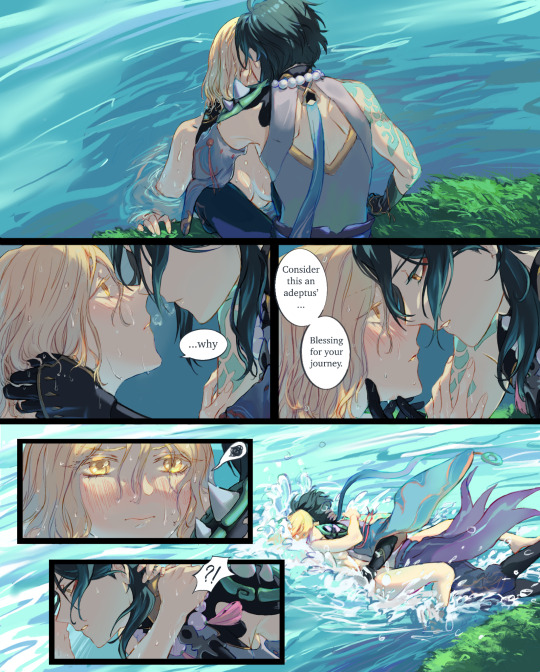

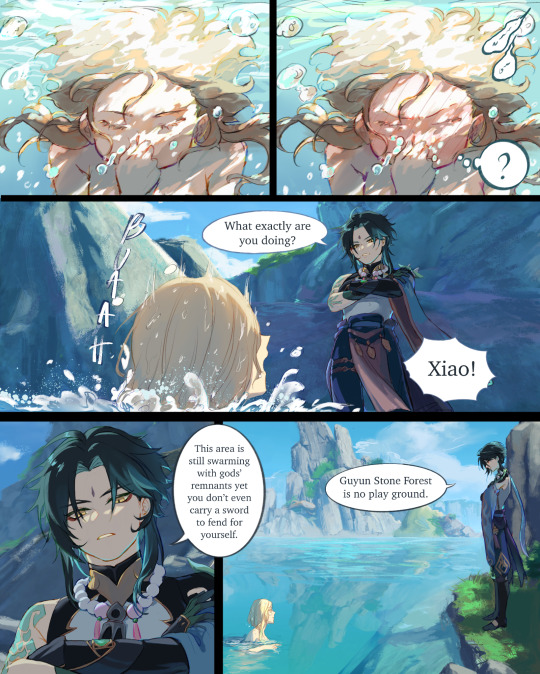
I think xiao needs to go diving with us in Fontaine
3K notes
·
View notes

